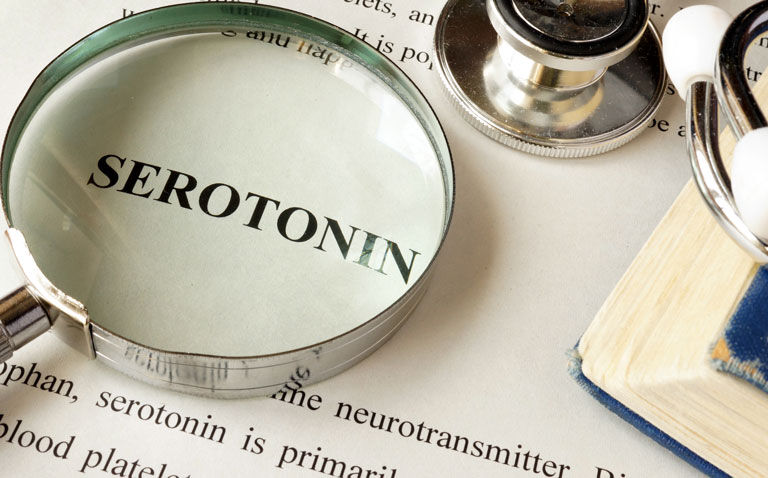A major review of 17 existing studies has uncovered ‘no convincing evidence’ depression is caused by a chemical imbalance.
According to new research, depression may not be caused by low levels of serotonin.
The finding comes after University College London conducted a major review of 17 existing studies and realised there was ‘no convincing evidence’ linking the mental health condition with a chemical imbalance.
This has prompted many to question the efficacy of medications that target brain-signalling molecules, however not everyone is convinced by the recently published verdict and experts are urging people not to stop taking their antidepressants in light of the news they’re no longer a ‘cure.’
The original serotonin hypothesis – which dates back to the 1960s – states that a chemical imbalance in the brain, including low levels of serotonin (also known as 5-hydroxytryptamine or 5-HT), is what leads to depression.
Yet the current assumption is that various biological, psychological, and environmental factors are primarily to blame.
For this reason, scientists believe that serotonin reuptake inhibitors (SSRIs), as they’re also called, are not working in some circumstances.


‘It is always difficult to prove a negative, but I think we can safely say that after a vast amount of research conducted over several decades, there is no convincing evidence that depression is caused by serotonin abnormalities, particularly by lower levels or reduced activity of serotonin,’ says consultant psychiatrist, Joanna Moncrieff.
The paper’s lead author, it was Moncrieff who directed an ‘umbrella analysis’ of almost 20 systematic studies involving tens of thousands of people to uncover little substantiation that depressed people had abnormal serotonin activity compared with non-depressed people.
As she explains, the popularity of the ‘chemical imbalance’ theory that’s widely put forward by professionals has coincided with a huge surge in the use of antidepressants (at present, 8.3 million people in the UK alone are taking them following a six per cent increase last year).




















